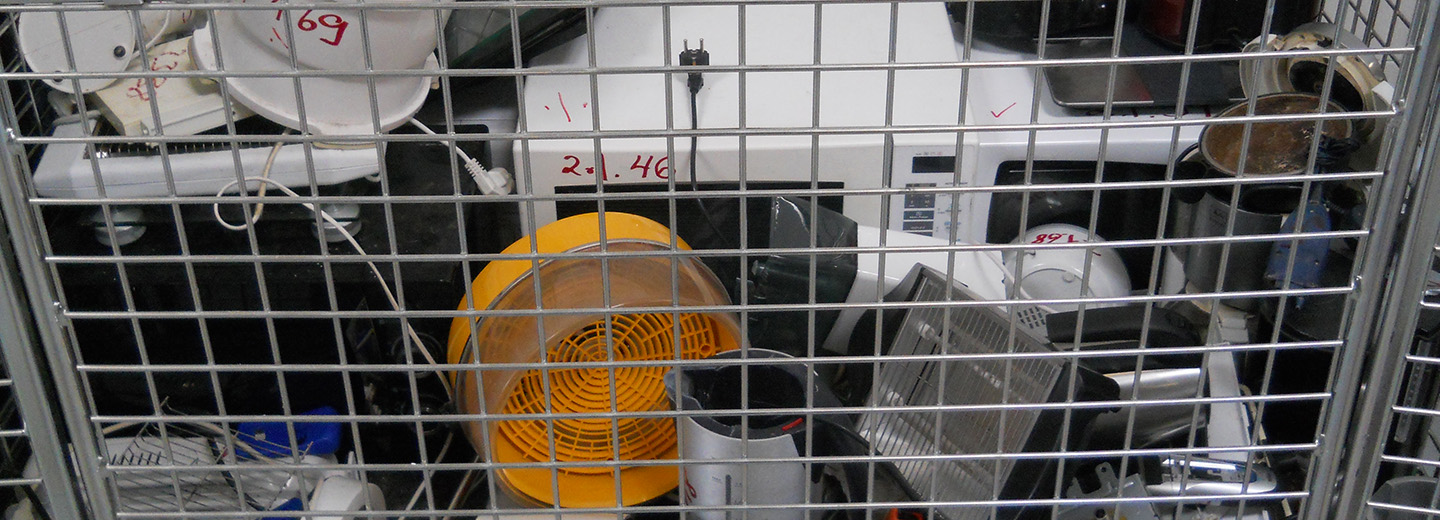
Every fourth blender thrown out work perfectly fine
22 percent of household appliances being thrown out are still in good working order. Researchers from the University of Southern Denmark have calculated that there are up to 140 million DKK to earn, if the old equipment was recycled.
22 percent of the coffee makers, irons and blenders we throw out are still in working order. This is according to a new investigation from SDU in which researchers have examined our discarded household appliances.
- It's a great mystery to me why people throw out so much stuff that still works, says Keshav Parajuly from SDU Life Cycle Engineering. He emphasises that the number of appliances which are still in working order is actually larger, but many of them are damaged when they are thrown into the skip at the recycling centre.
- Large values are lost. We found out that if the electronics that works, was sold to recycling, there was in each cage values for up to nearly 2,000 DKK. In Denmark every year 25,000 tons of household appliances is collected, so the total gain by reusing old equipment is between 65 and 140 million DKK.
Brand new blender
For two weeks, Keshav Parajuly carried out the dirty work, wading through recycling centres' skips for discarded household appliances and monitors.
Nearly 5 tons of electronic waste from eight different recycling centres in Odense has been inspected and tested. 22 percent of household appliances were in perfect working order, while that was the case for only 7% of monitors.
- We found cameras, computers and a blender that hadn't even been taken out of its packaging, says Keshav Parajuly, who made his working conditions more agreeable by listening to music on a stereo system he had fished out of a skip of small household appliances.
Not a single iPhone found
It is not just money that is to serve, if our electronic waste were systematically sorted and recycled. The environment would be the big winner.
- It is often said that there would need to be four more planets in order for the whole of the earth's population to have the standard of living we have in the West. That's why we need to think in a circular economy where we reuse and repair our things instead of throwing them out, stresses Keshav Parajuly.
He points out that in Riksdagen in Sweden, the tax on repairs to items such as bicycles, shoes and clothing has been halved in order to increase the incentive to repair things instead of discarding them.
- In the 16 skips containing household appliances, we didn't find a single iPhone or iPad. Companies have been established which make their living from buying up iPhones and computers to sell them on. I hope that the trend will spread to other products, says Keshav Parajuly.